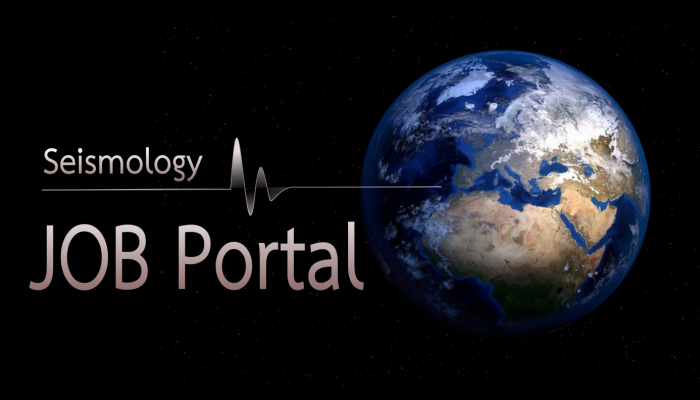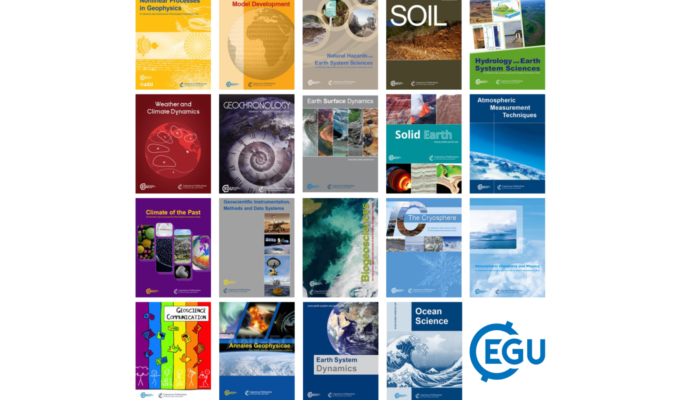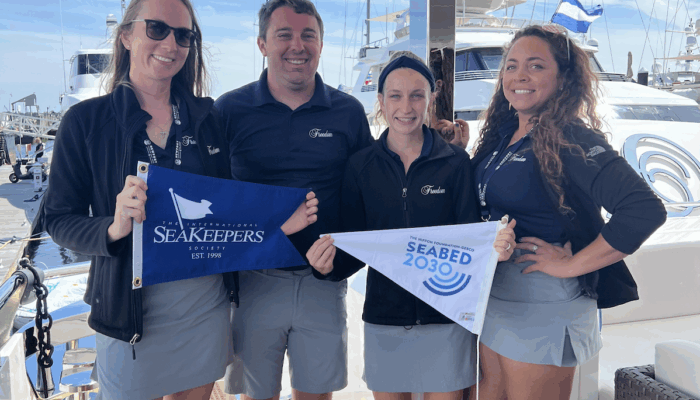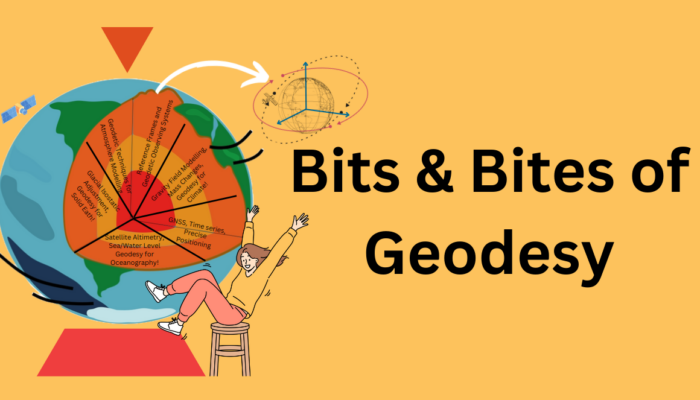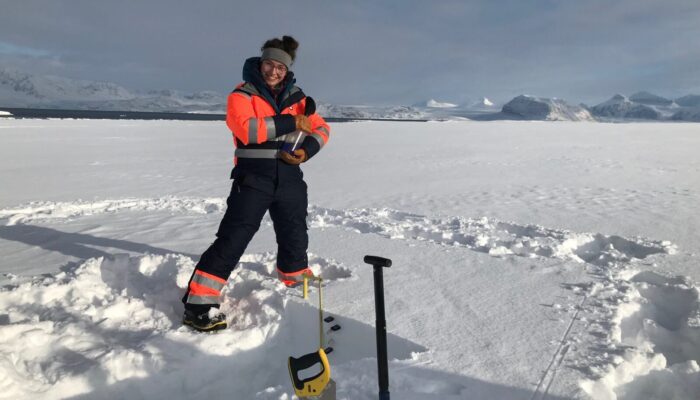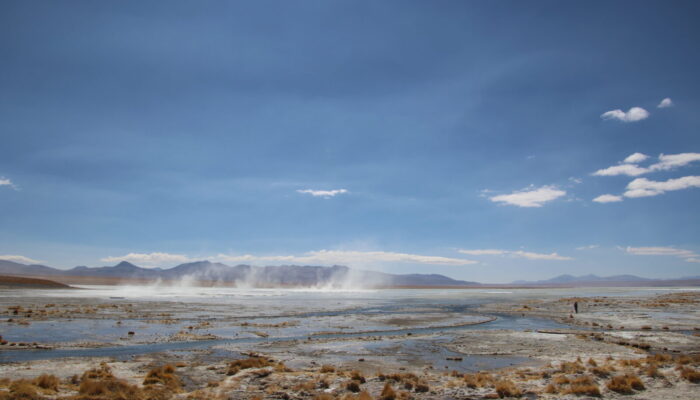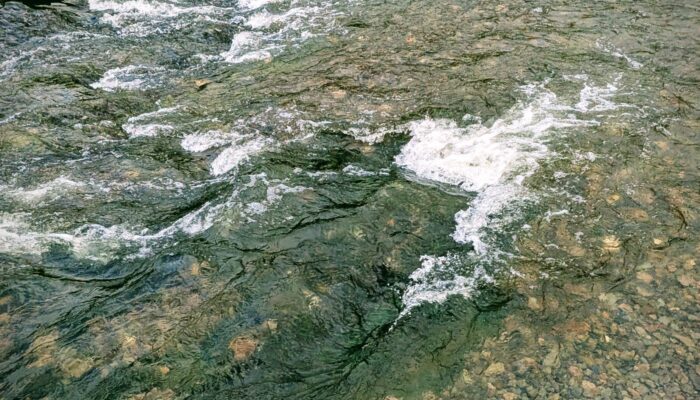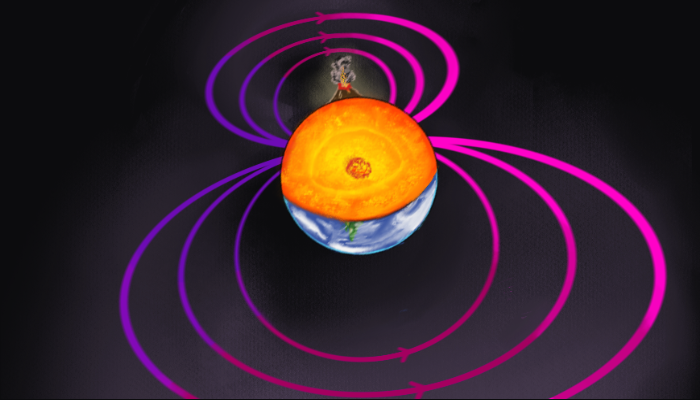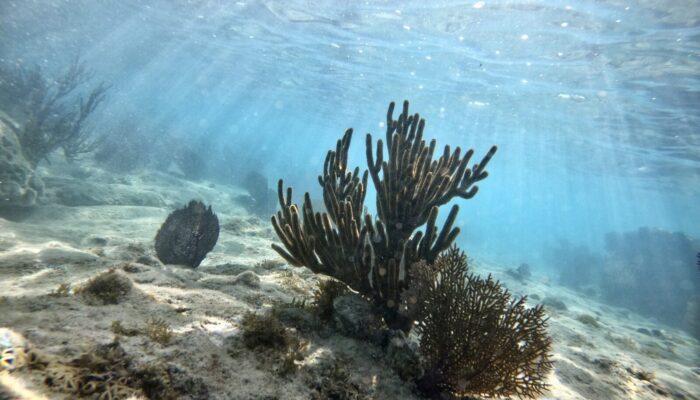Fourty years ago, the movie Back to the Future (1985) revved its DeLorean into some hearts, zipping watchers back to 1955 with a grin and a flux capacitor–fueled paradox. Today we’re not just celebrating that original joyride’s 40th anniversary; we’re strapping in for the wild flight of Part II (1989), the movie that dared to ask, “what if Marty McFly really could hoverboard through 2015?” W ...[Read More]
If you didn't find what you was looking for try searching again.
Seismology
Seismology Job & Career Portal
On this page, we regularly update open positions, workshops, schools or internships in Seismology for early career scientists. Do you have a job on offer? Would you like to advertise your workshop? Contact us at ecs-sm@egu.eu Please, note that other available research positions are displayed on the EGU Jobs Portal. We invite you to explore previous job posts, since some offers listed there may be ...[Read More]
GeoLog
GeoRoundup: the highlights of EGU Journals published during June!
Each month we feature specific Divisions of EGU and during the monthly GeoRoundup we put the journals that publish science from those Divisions at the top of the Highlights section. During this month, we are featuring Ocean Science and Nonlinear Processes. They are represented by the journals Nonlinear Processes in Geophysics (NPG), Weather and Climate Dynamics (WCD), Ocean Science (OS), and Geosc ...[Read More]
GeoLog
The International SeaKeepers Society Powers NOAA’s Groundbreaking Ocean Mapping Breakthrough for Seabed 2030
In a bold leap toward mapping Earth’s final frontier, the seafloor, The International SeaKeepers Society (SeaKeepers), a global non-profit organisation, is proud to support a historic advancement in this effort. As part of the global Nippon Foundation-GEBCO Seabed 2030 Project, SeaKeepers has been mobilising private yachts through its DISCOVERY Fleet since 2021 to collect vital seafloor data. Sinc ...[Read More]
Geodesy
Bits and Bites of Geodesy – From Wobble to Wander: Tracking Earth’s Shifting Rotation Axis
When we think of Earth’s rotation, it is tempting to imagine a perfectly smooth spin. But in reality, Earth’s rotation is irregular and dynamic, and is influenced by forces inside and outside of our planet. To describe the changing orientation of the Earth in space over time Earth Orientation Parameters (EOPs) are measured with fundamental geodetic measuring techniques, e.g., Very Long Baseline In ...[Read More]
Cryospheric Sciences
Cryosphere Caps: PhD hats and the researchers that wear them – Episode 4
This miniseries features the tradition of ‘PhD hat’ making in German research institutes and universities. For those of you unfamiliar with this idea (as I once was), this is one of the final milestones a graduate student has before they are officially a “Dr.”. Upon the successful defense of a thesis, the labmates of the PhD student craft a graduation hat from a mishmash of scrap cardboard and mem ...[Read More]
Hydrological Sciences
On finding my water temperature community
Walking the halls of the EGU General Assembly 2025 a few weeks ago, I was full of child-like curiosity. Being surrounded by people doing fascinating, creative, and innovative research felt like a dream come true. New faces every day, big talks on small advances and complicated methodologies. I learned about mountain ecology and failing snow-models, and I was captured by graphs and animations ̵ ...[Read More]
GeoLog
Trans masculinities, embodied geographies and the River Neath
How do our environments shape who we are? How do we shape them? Most people have a place (or places) that they know or love so deeply it feels inextricable from themselves. A place they keep coming back to over time, maybe even after years of resisting it. For me, it’s the River Neath in South Wales, which rises on the slopes of Fan Gyhirych before winding thirty-one kilometres southeast to the se ...[Read More]
Geodynamics
Happy 8th blog birthday and introducing the new blog team!
Hello there! It’s Constanza and Michaël your GD editors-in-chief once again. End of June marks the 8th anniversary of the blog, so happy birthday to the blog! It’s been some pretty busy weeks of preparation behind the scenes after the EGU General Assembly to bring together the new blog team for the year 2025-2026. We are a team of early career scientists who are very enthusiastic about ...[Read More]
GeoLog
Can seabed mapping help restore our blue planet?
Some humans are racing to map the moon, Mars, and the stars, yet the very ground beneath our oceans remains largely unknown. What does it say about us, that we can chart the craters of distant planets before we bother to understand the seafloor that feeds us, cools us, and regulates our climate? In an age of climate breakdown, ecological collapse, and blue economy buzzwords, the seabed has become ...[Read More]


